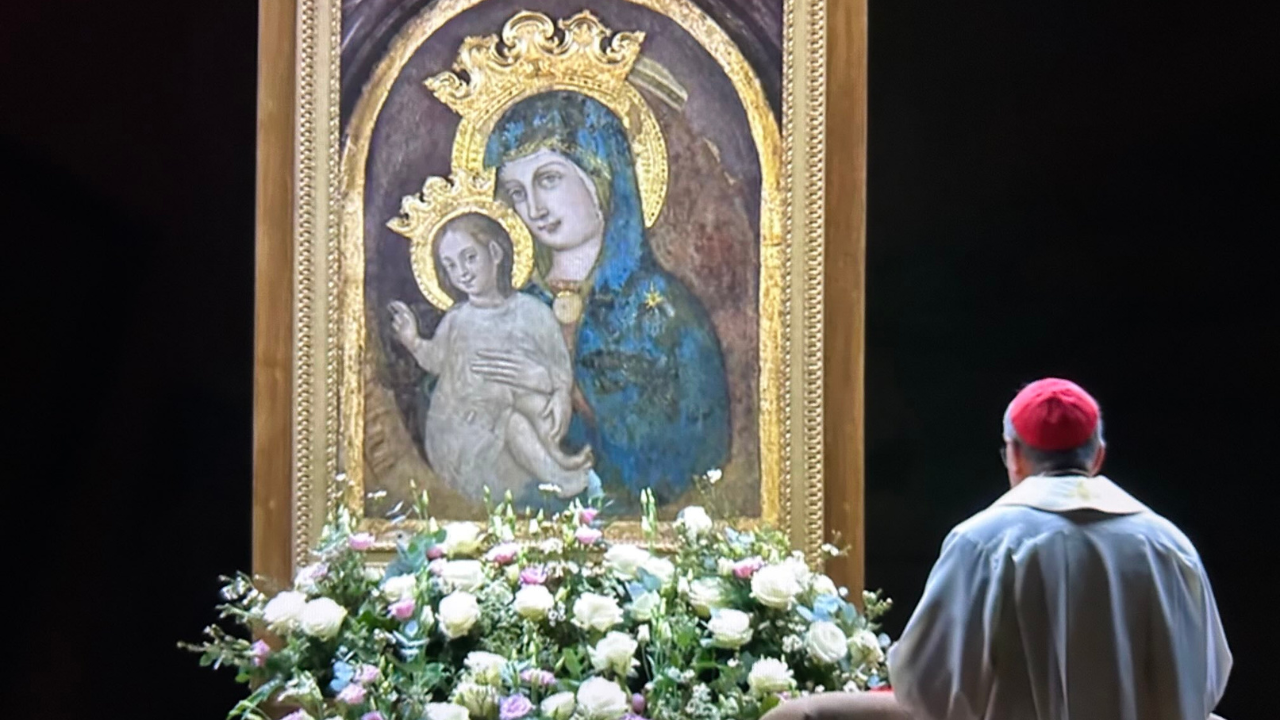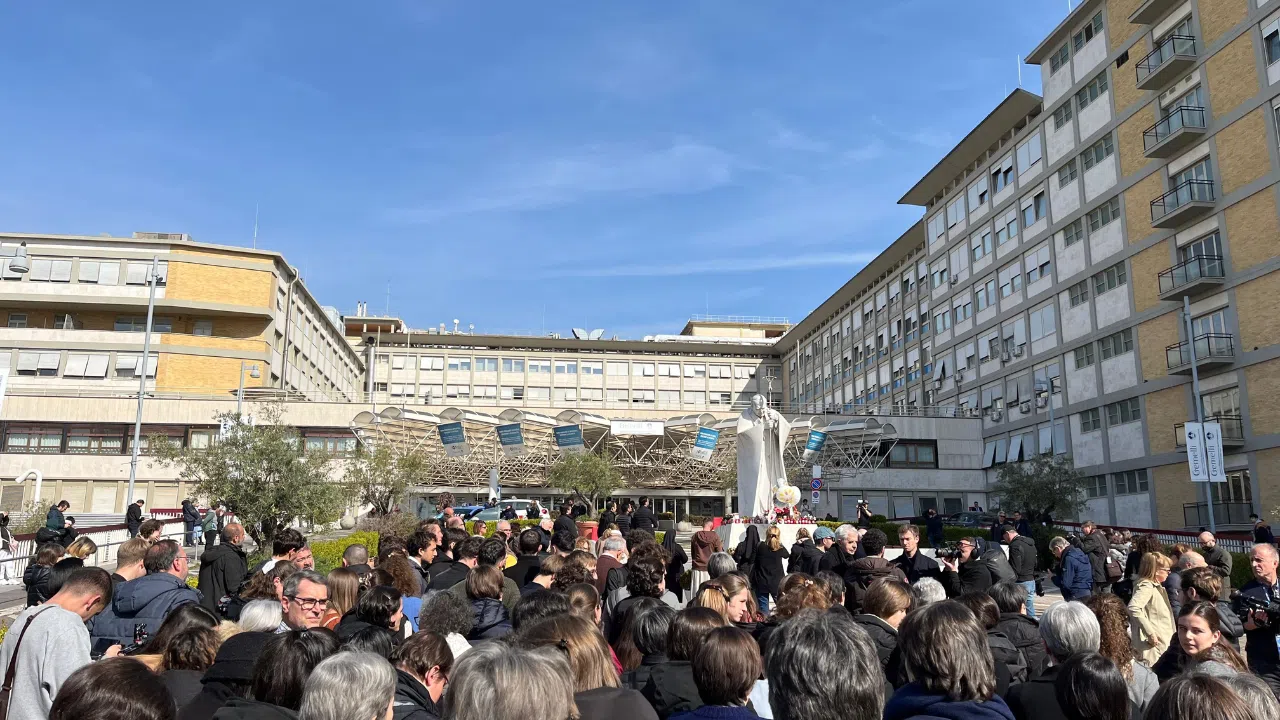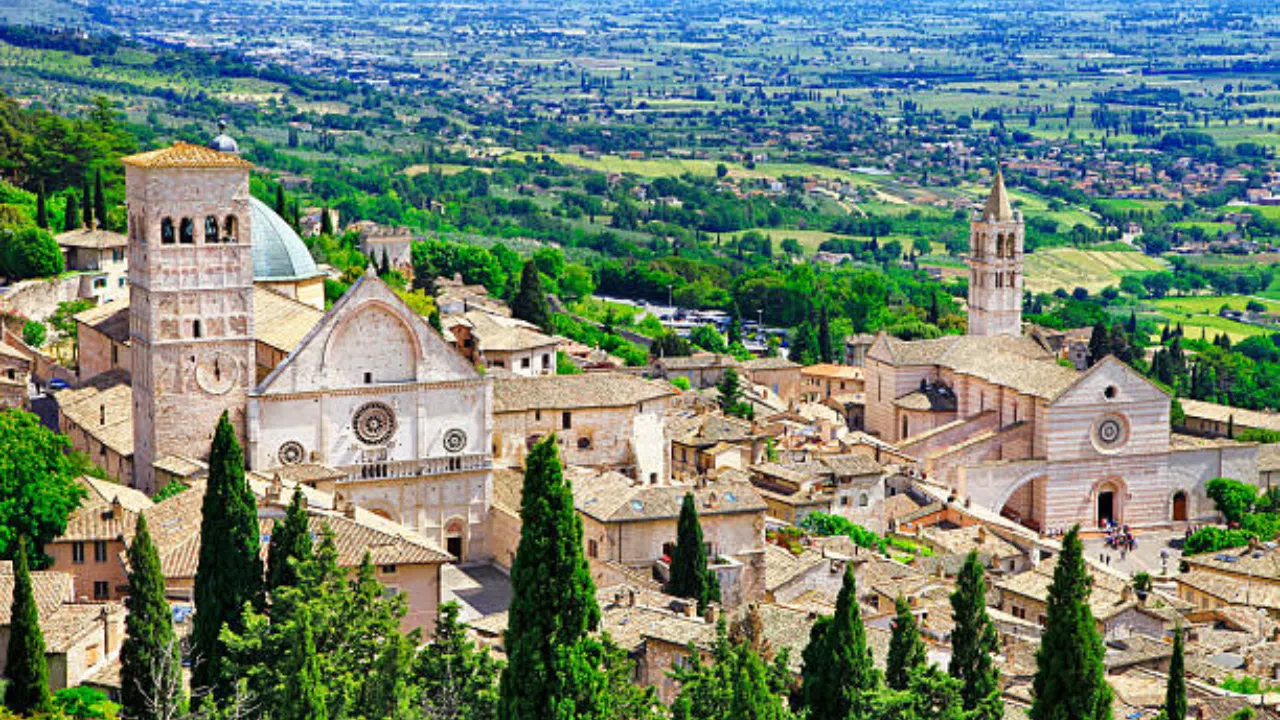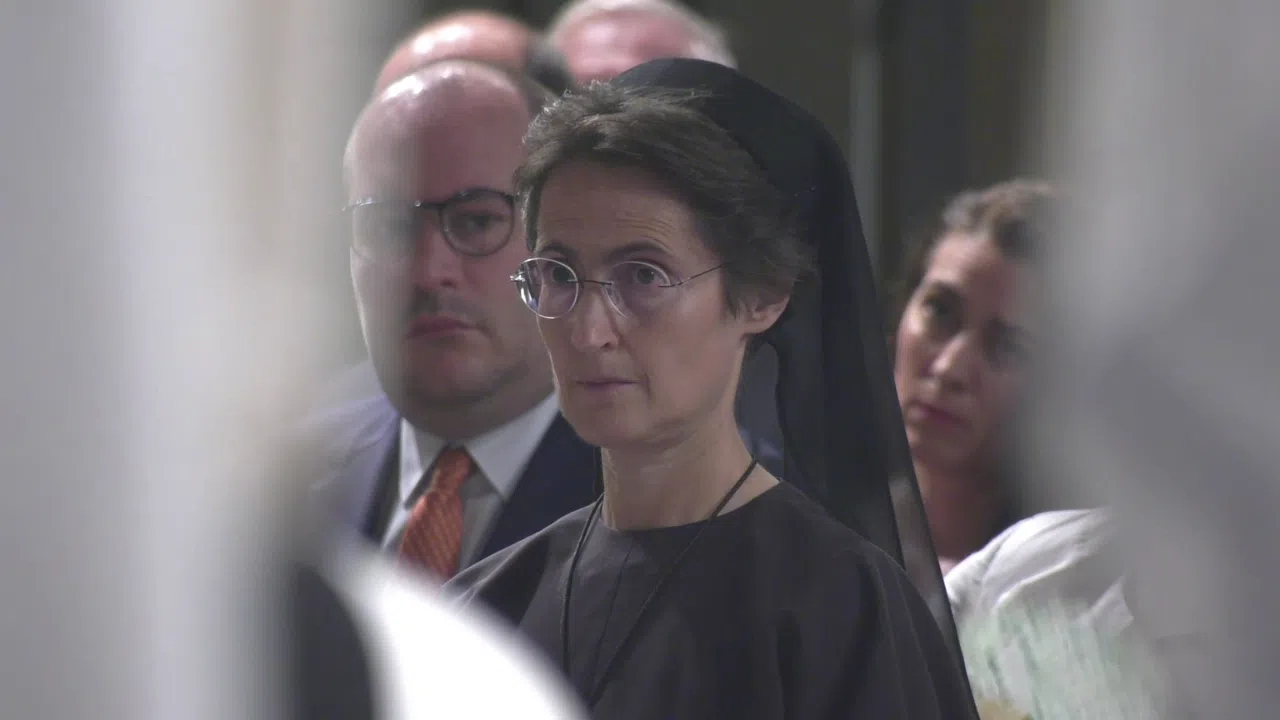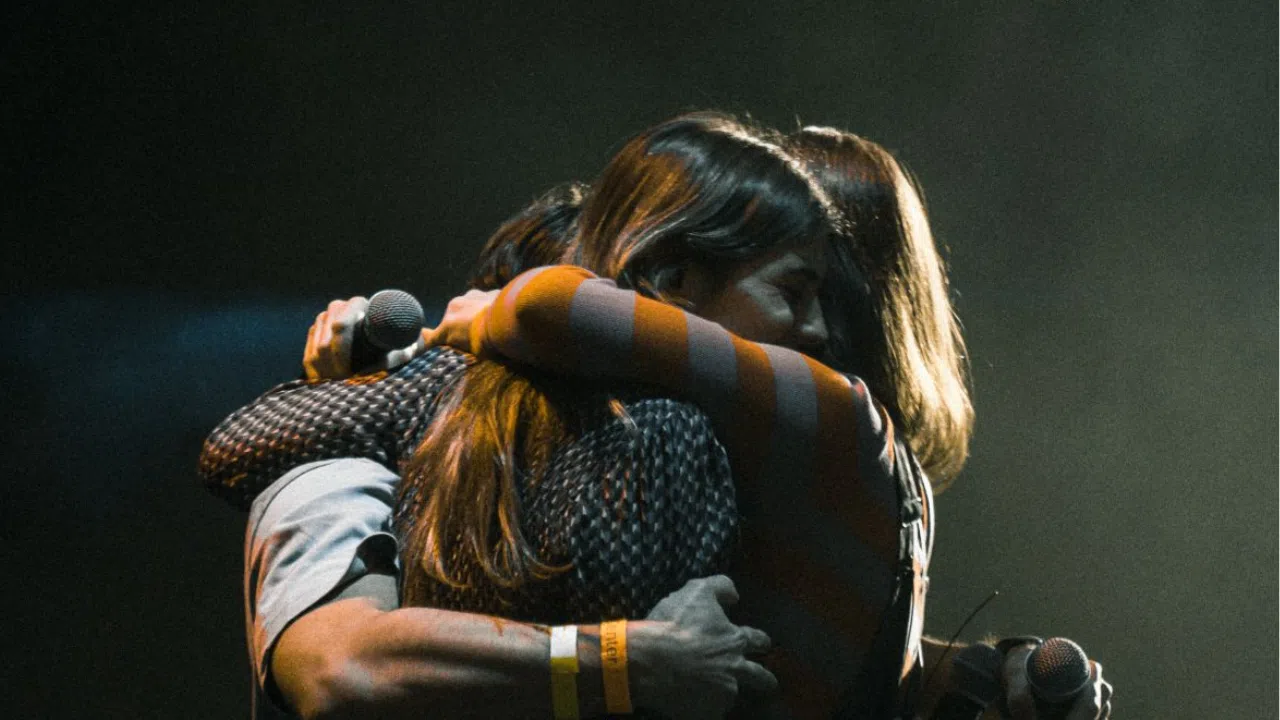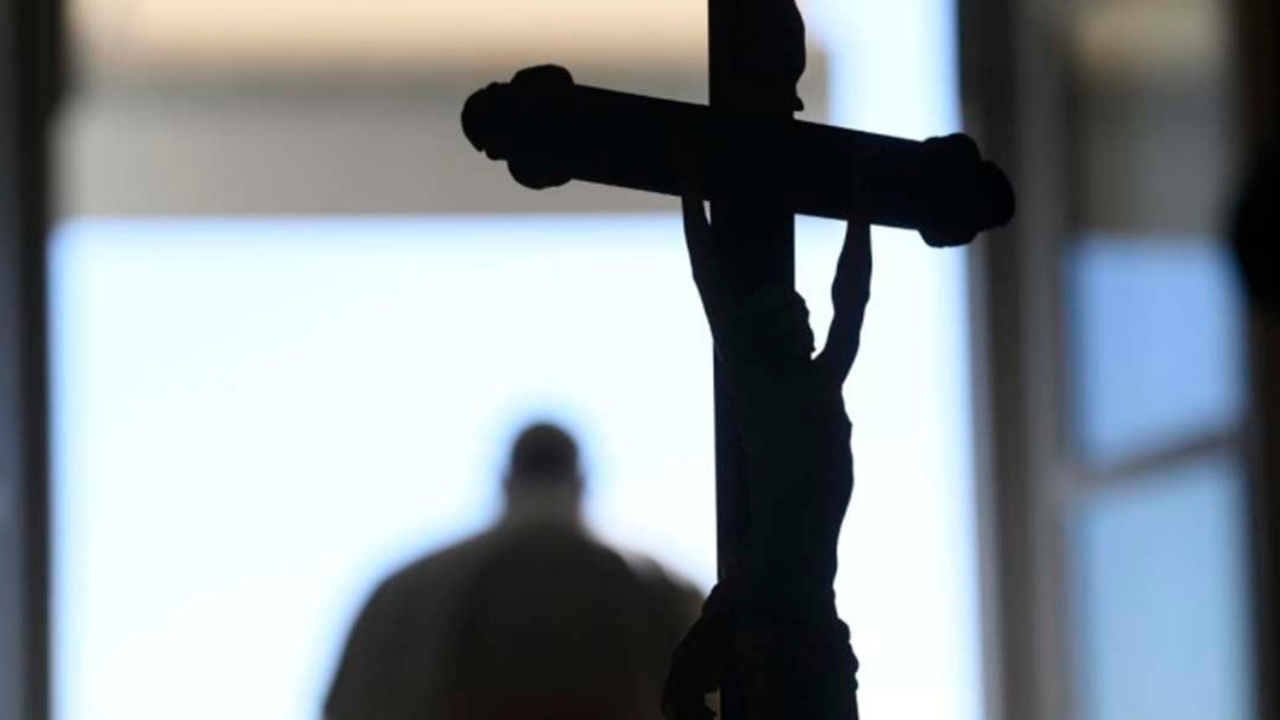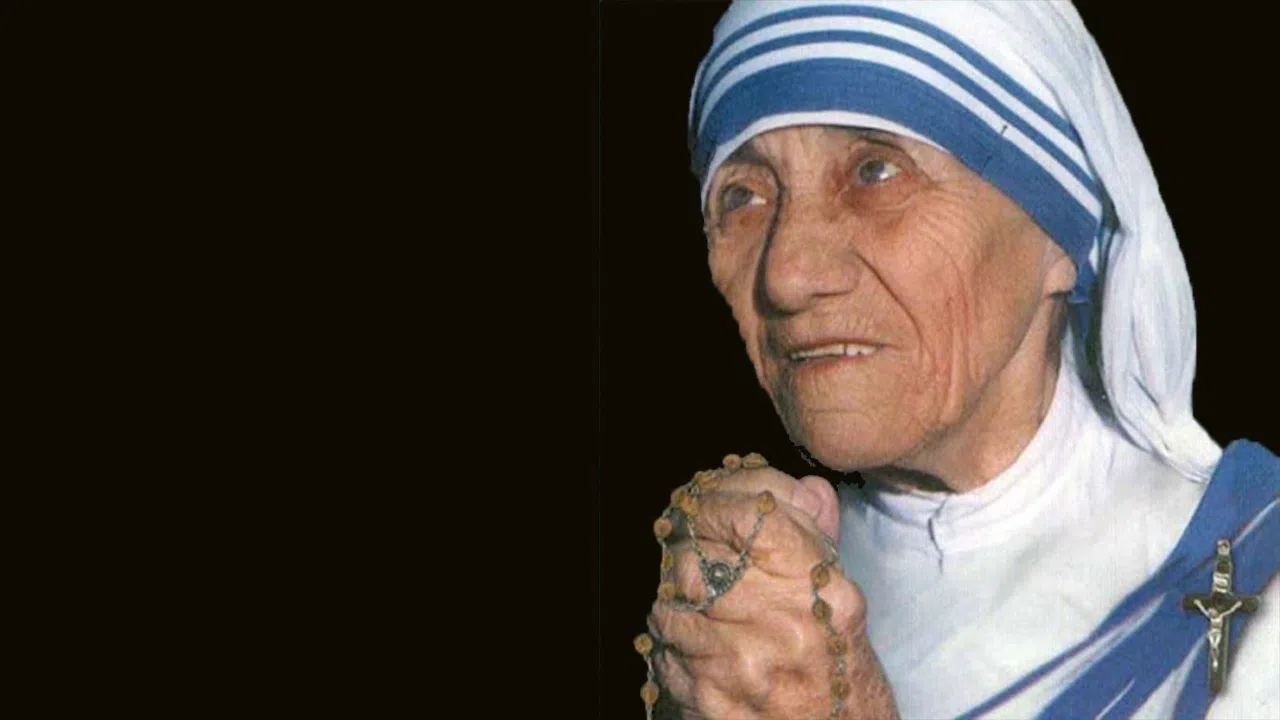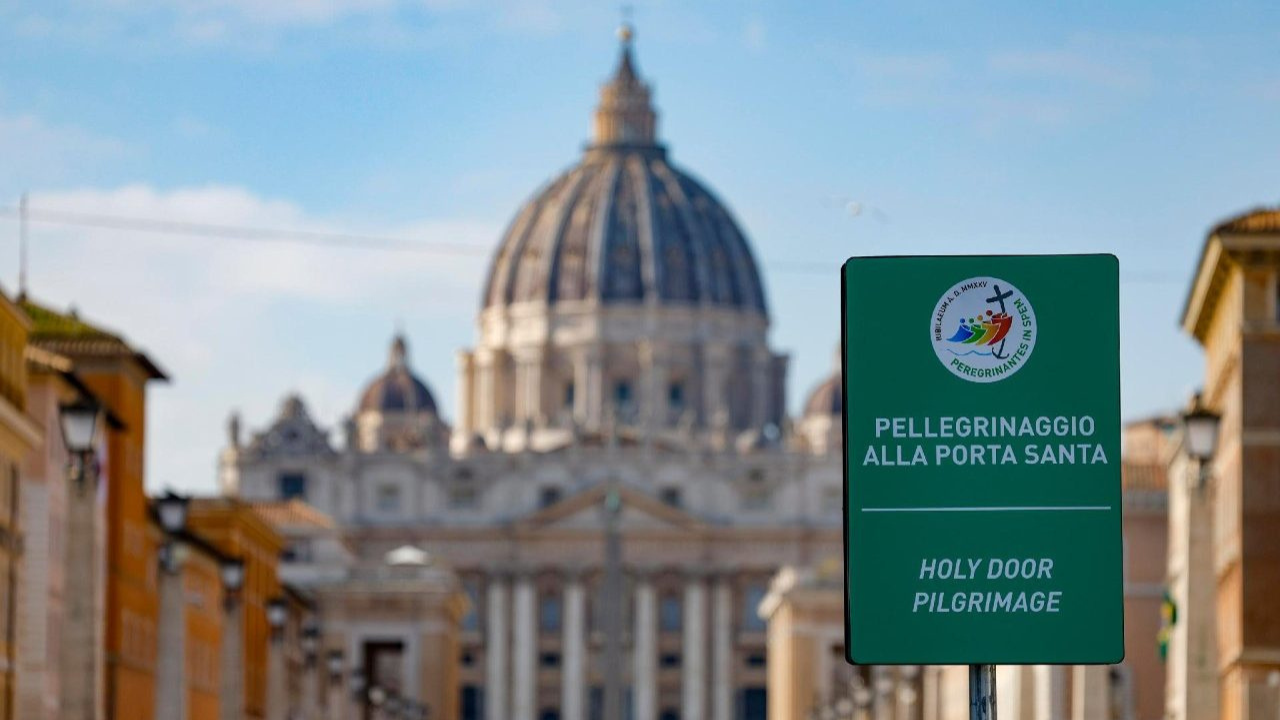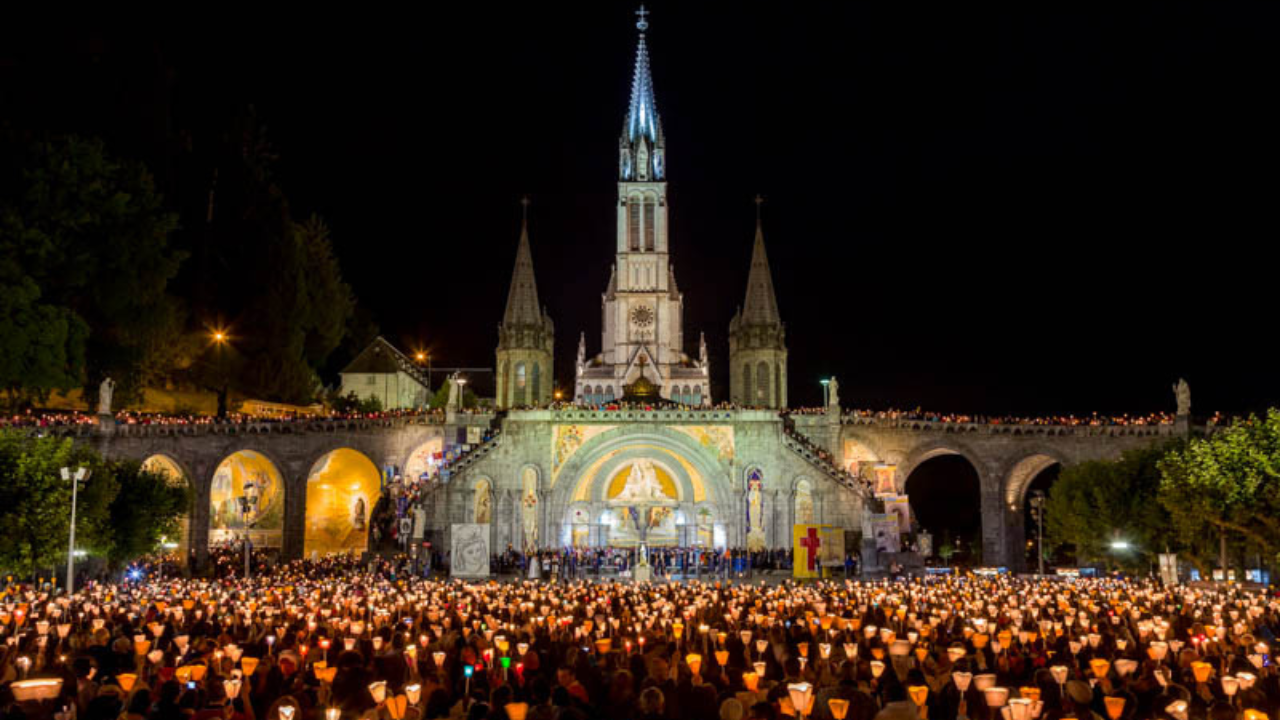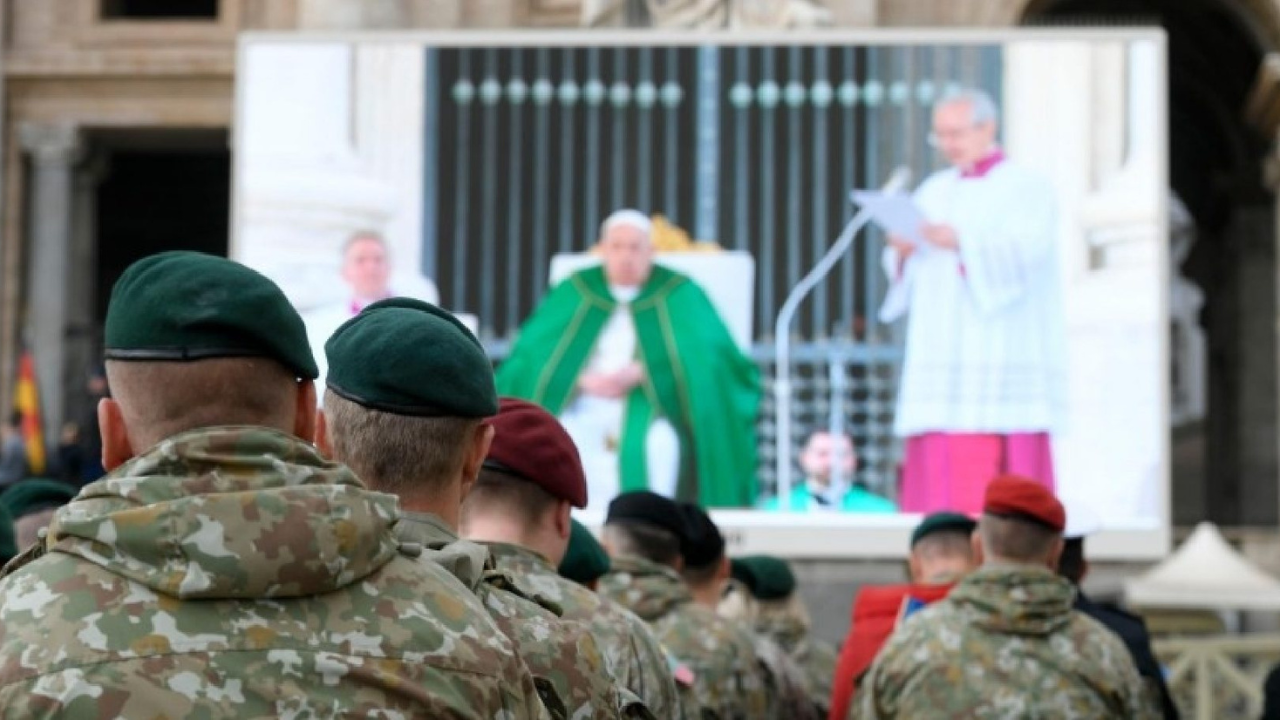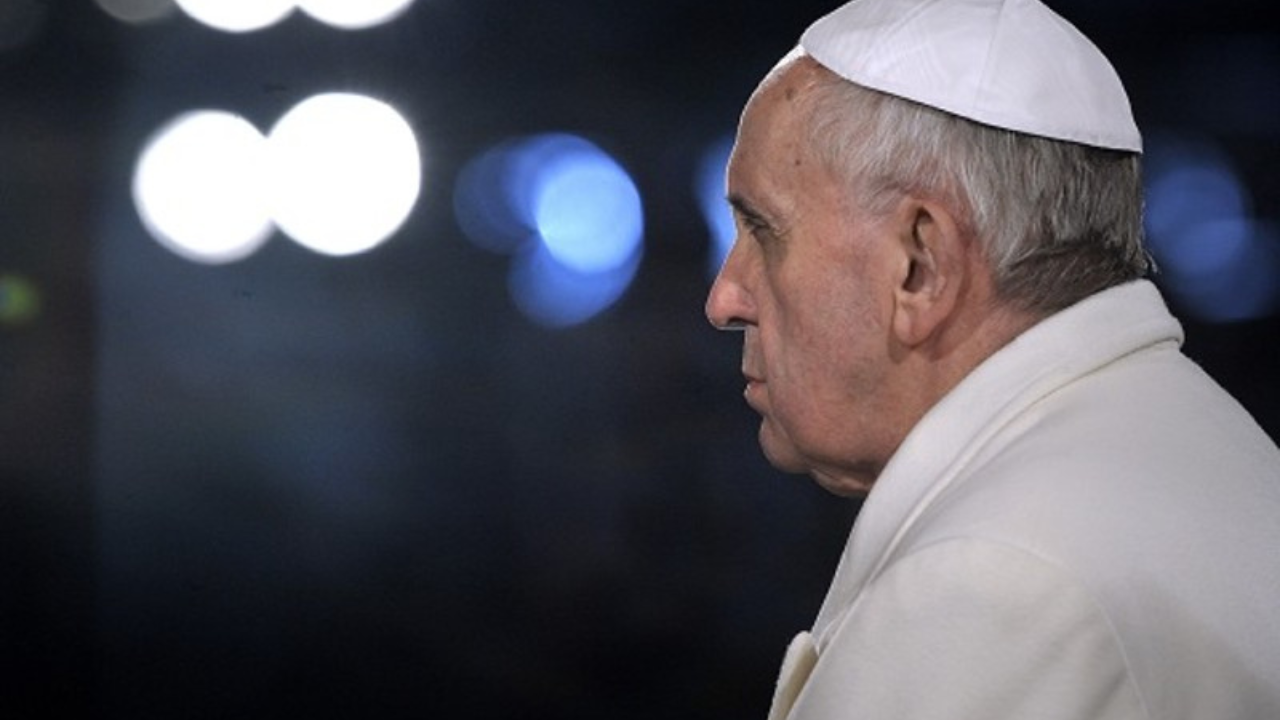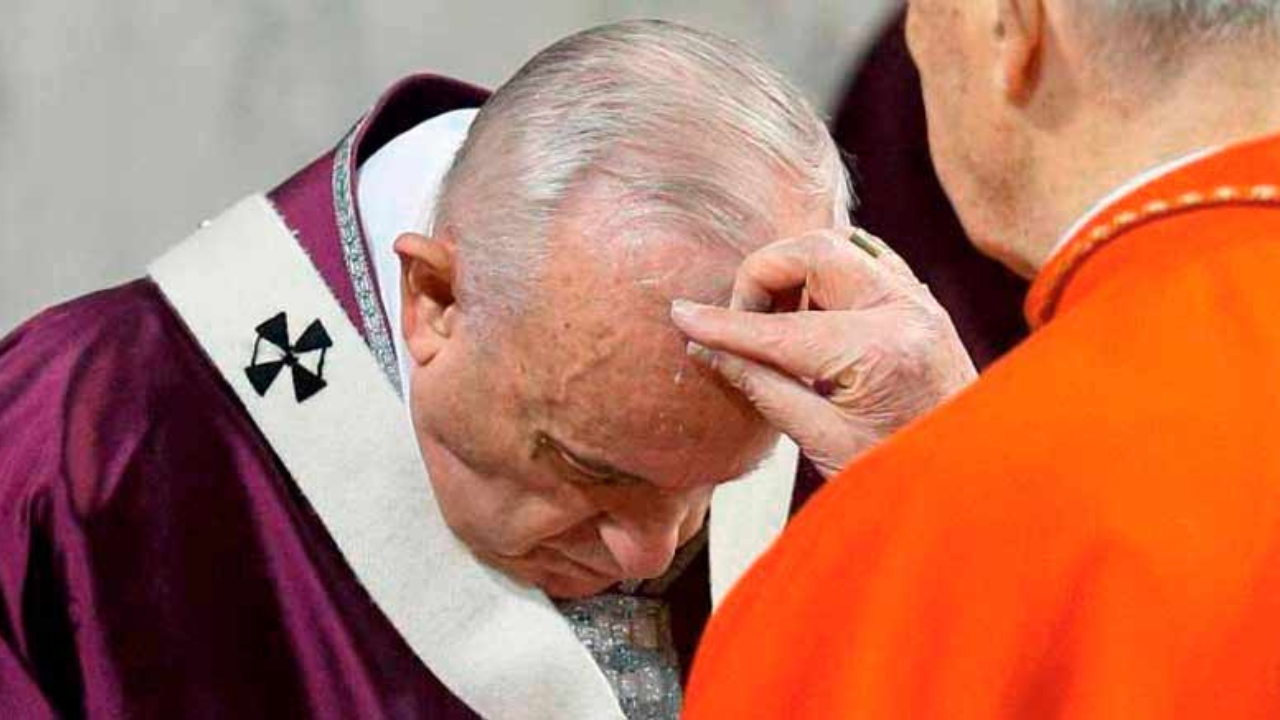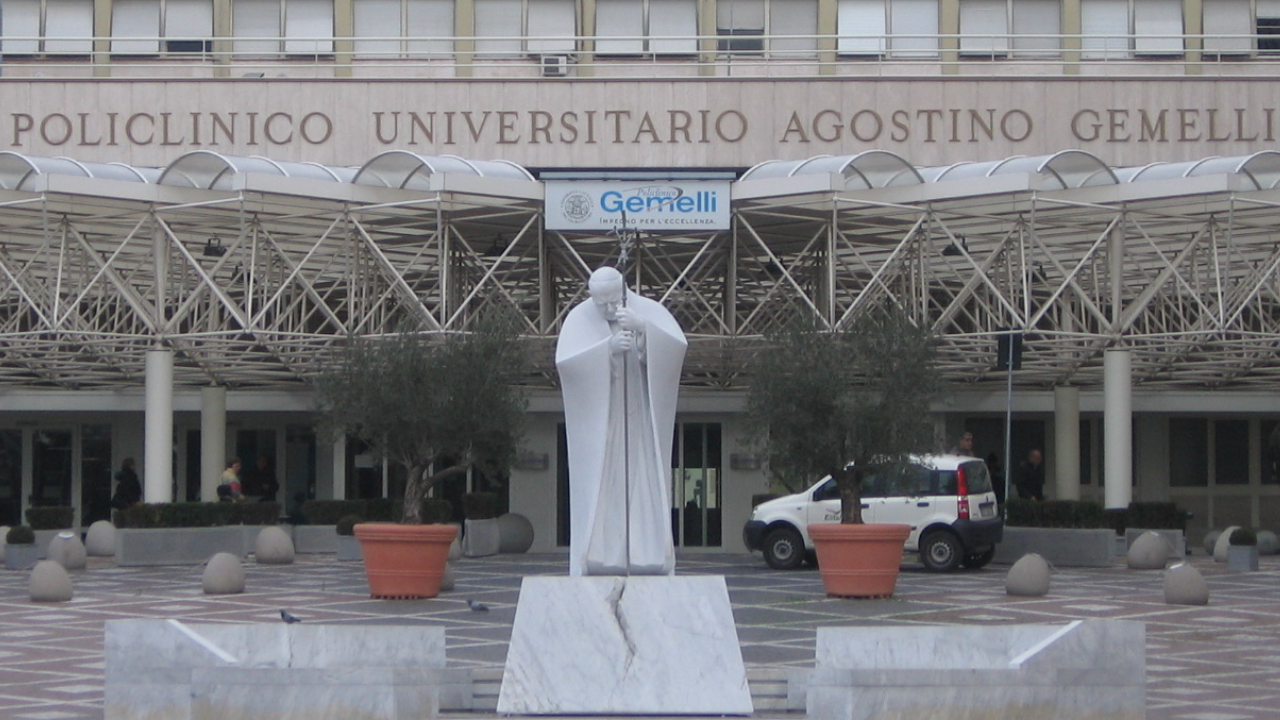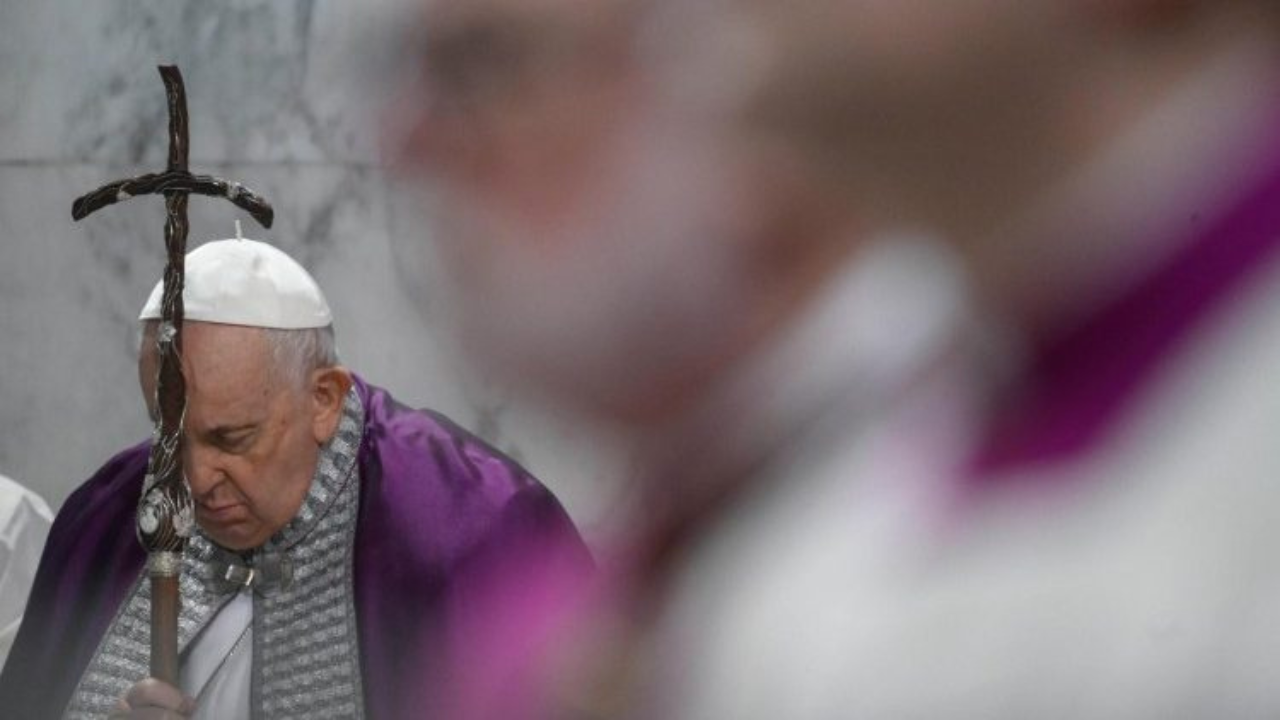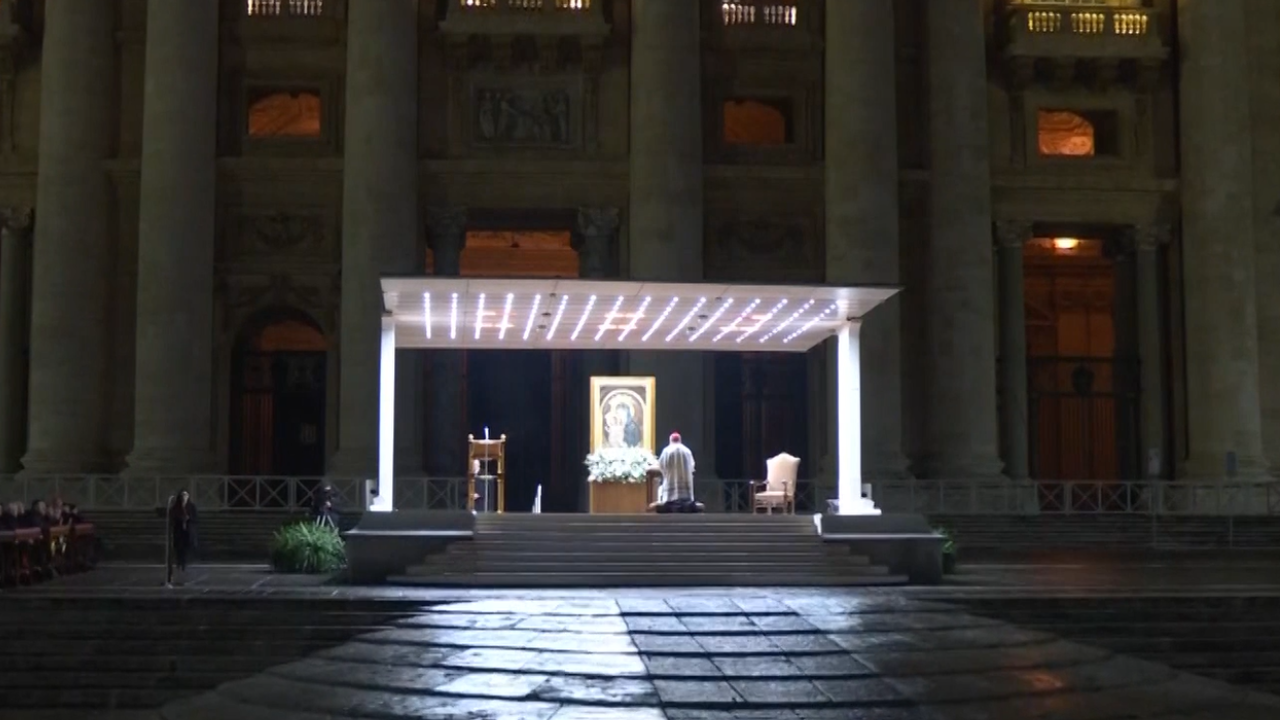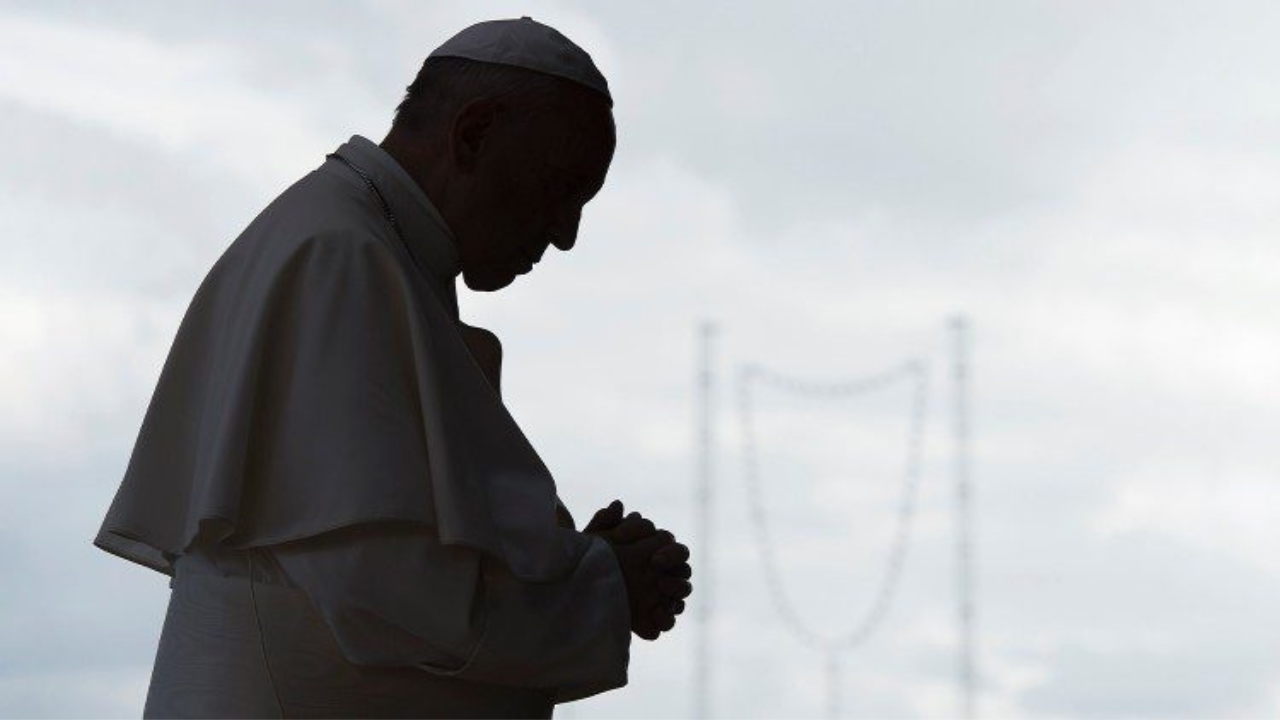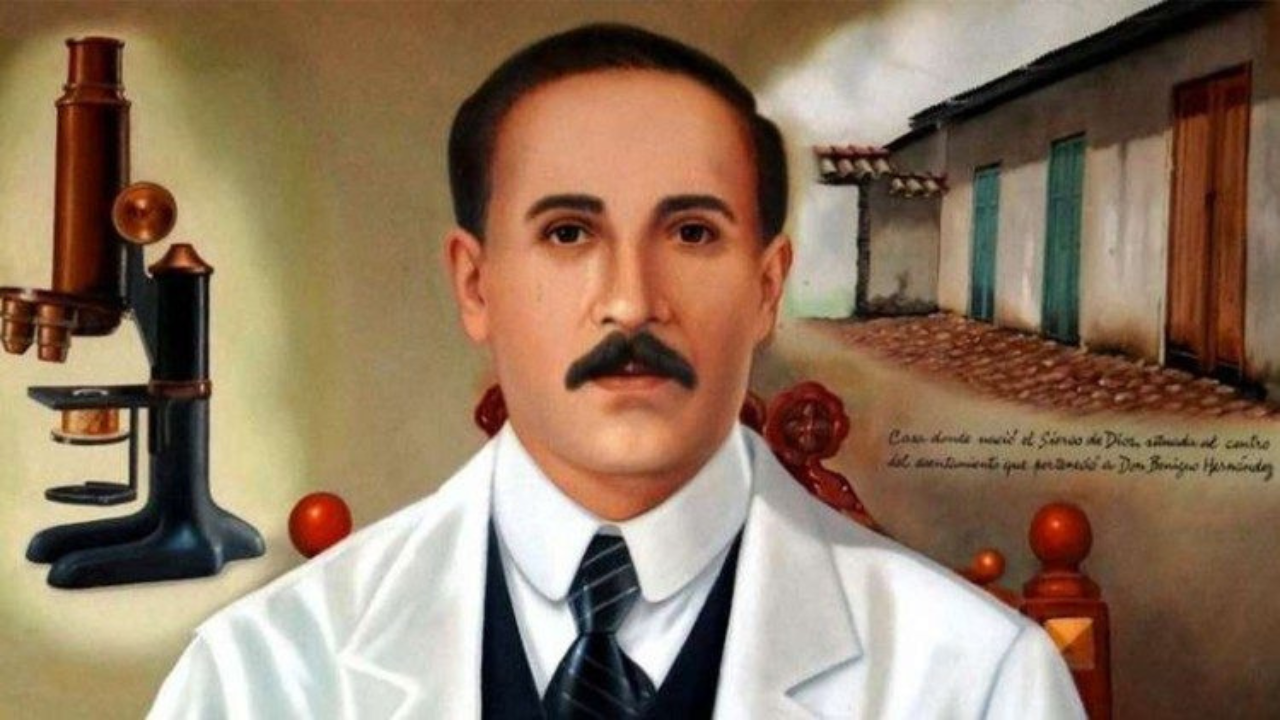Hungary and Slovakia are setting security measures in place to prevent Covid-19 contagion during papal events.
Pope Francis will spend more time in Slovakia, where vaccination is mandatory.
FR. MARTIN KRAMARA
Spokesman for the Slovak Bishops' Conference
“This is how the sign-in system works for each event. Participants insert their personal information. Then a government office verifies this to determine whether or not they are vaccinated. Then participants receive a QR code that they will have to print out and show at the entrance.”
Two weeks before the Pope's expected arrival, 25,000 people are signed up to attend his final Mass, and 15,000 people to the Byzantine liturgy he will celebrate. There are 35,000 spots available for the Pope's meeting with young people. All participants will be outdoors and required to practice physical distancing. They will also be required to remain in their assigned section at the venue.
FR. MARTIN KRAMARA
Spokesman for the Slovak Bishops' Conference
“The pandemic obviously complicates everything with respect to past events. Registration, for instance, is more difficult because of the vaccination requirement. But we're encouraging people not to stay home.”
In Hungary, local authorities will not require people to show a COVID passport, but the country has begun administering third doses of the vaccine. Authorities do ask participants to act responsibly, wear masks and wash their hands frequently.
KORNÉL FÁBRY
Secretary General, International Eucharistic Congress
“Anyone who wants to attend the Pope's Mass can. There will be few restrictions, and it will be held outdoors. But extreme prudence is essential.”
Budapest will be a short but intense leg of the Pope's trip. Congress organizers expect some 100,000 people to attend the Pope's closing Mass.
Javier Romero
TR: CT


